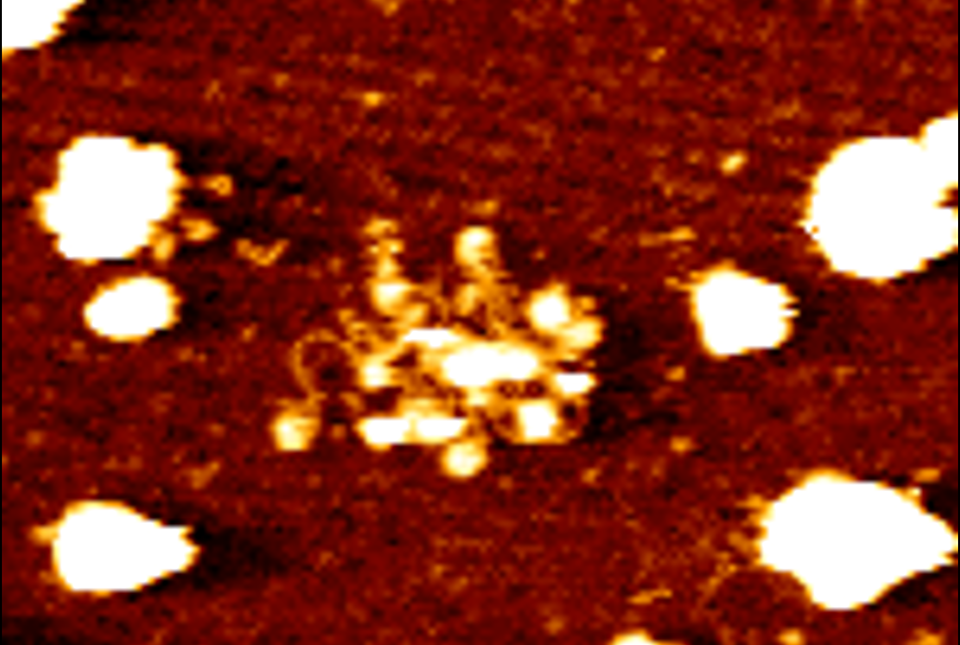
Scientists Discover DNA Secretions From Tumors Can Help Prevent Metastasis
A recent study led by researchers from Weill Cornell Medicine, Memorial Sloan Kettering Cancer Center, and Korea's Yonsei University reveals that DNA secreted by tumor cells, packaged in small capsules called extracellular vesicles (EVs), can activate an anti-tumor immune response in the liver to prevent metastasis. Initially, researchers hypothesized that more tumor EV-DNA would indicate a poorer prognosis, but findings contradicted this expectation, showing a protective effect against liver metastasis in various cancer types. Dr. David Lyden and his team discovered that **tumor EV-DNA acts as a 'danger' signal** that prompts liver-resident immune cells, known as Kupffer cells, to organize defensive immune clusters. Furthermore, the study identified genes that regulate EV-DNA packaging, highlighting APAF1's critical role. Remarkably, increasing EV-DNA levels in cancer models reduced metastasis risk, whereas decreasing EV-DNA led to higher metastasis rates. This research not only unveils potential mechanisms by which cancer spreads but also paves the way for developing EV-DNA-based tests and therapies to assess and reduce metastasis risk, with hopes for an innovative vaccine-like therapy targeting early-stage cancer patients.